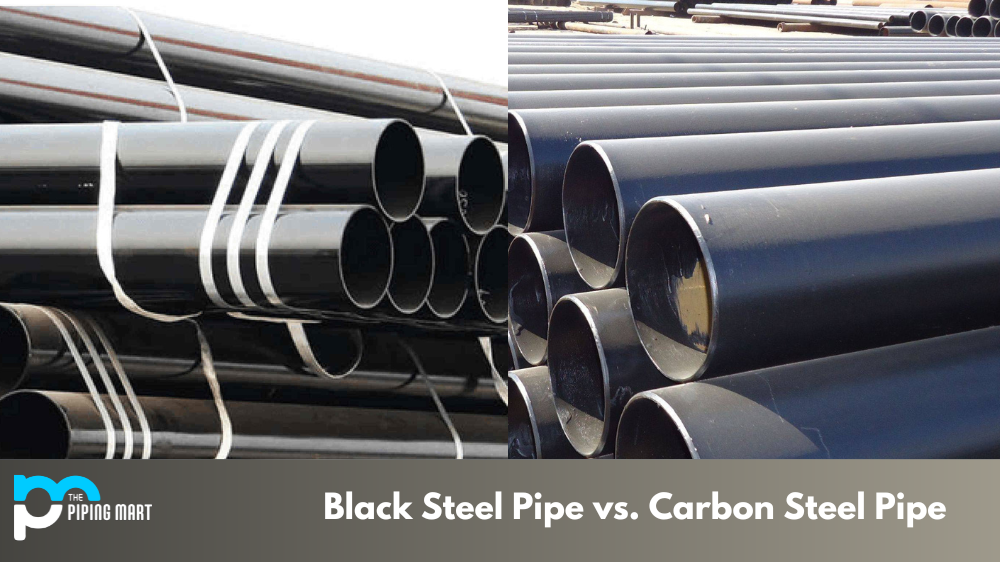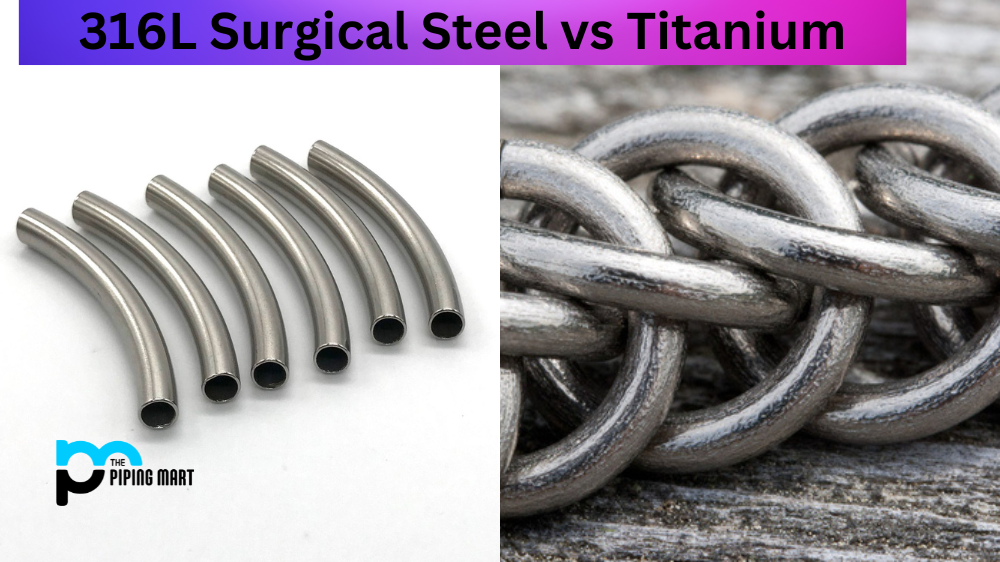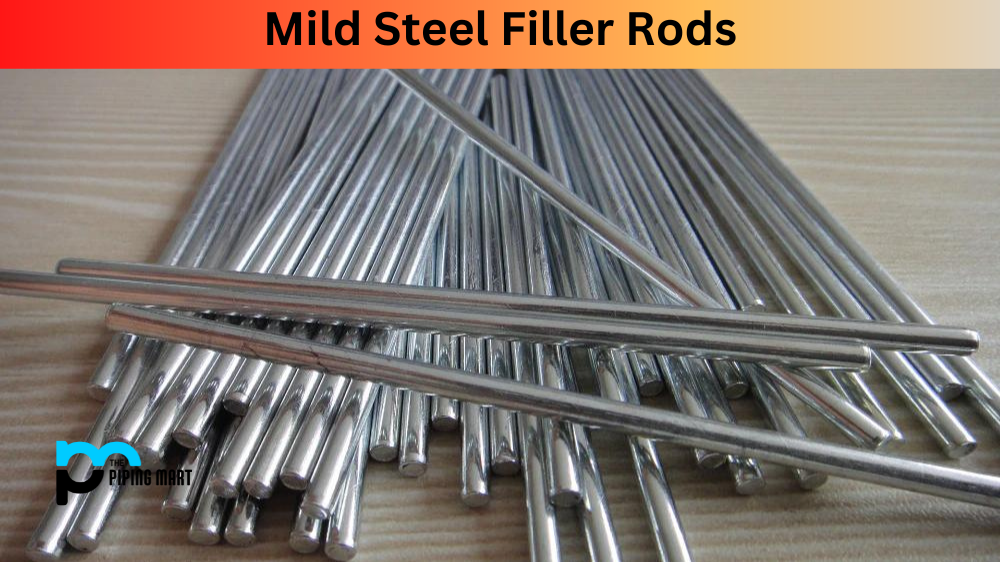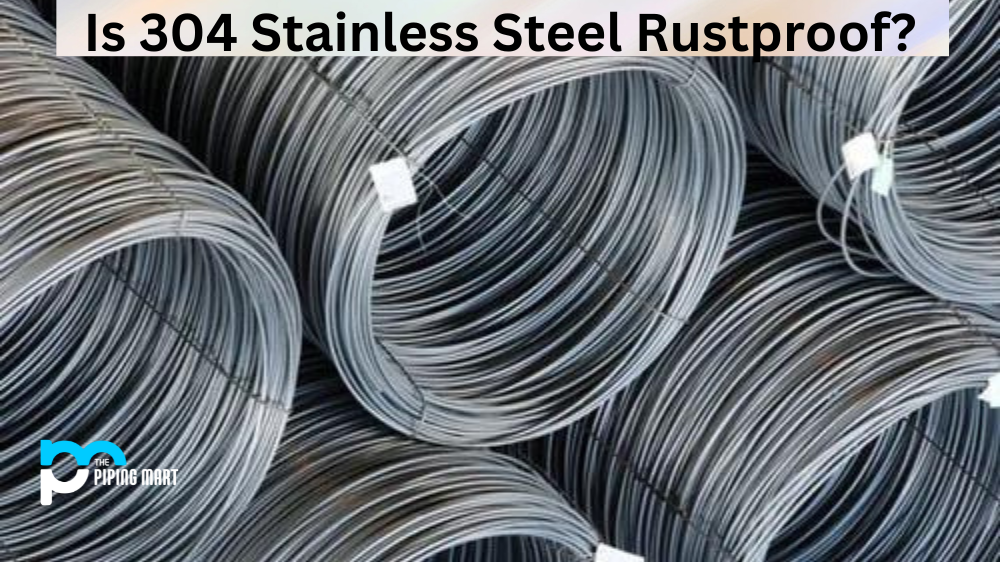When it comes to manufacturing, there are a variety of materials that can be used to create different products, including black steel pipe and carbon steel pipe. But what’s the difference between these two types of pipes? In this blog post, we’ll explore the differences between black steel pipe and carbon steel pipe so you can decide when selecting the suitable material for your project.
What is Black Steel Pipe?
Black steel pipe is made from the hot-rolled or cold-rolled coil that has been treated with a pickling solution to remove rust and oil, then heated and coated with zinc to protect it from corrosion and oxidation. It’s a common material used in industrial applications such as plumbing, heating and cooling systems, machinery parts, construction projects, electrical conduit systems, and sprinkler systems. Because it is solid and durable, black steel pipe is typically used in applications where strength is necessary.
What is Carbon Steel Pipe?
Carbon steel pipe is made from either hot-rolled or cold-rolled steel coils that have been treated with a pickling solution to remove rust and oil. Unlike black steel pipe, which has been coated with zinc for protection against corrosion and oxidation, carbon steel pipe has not been treated with any additional coating; however, it may be galvanized after fabrication if desired. Carbon steel pipe is often used in pressure vessels due to its strength and durability; however, it can also be used in other industrial applications such as structural supports or piping systems. Its versatility makes it an excellent option for many projects.
Difference Between Black steel pipe and Carbon steel pipe
Material
Black steel pipe is made of hot-rolled steel that has been treated with a black oxide coating. This gives the pipe a clean, black appearance, often used in applications where aesthetic appeal is important, such as in oil and gas pipelines. Carbon steel pipe, on the other hand, is made of raw steel that has not been treated with any coatings.
Strength
Black steel pipe is typically stronger than carbon steel pipe. This is because the black oxide coating helps increase the pipe material’s hardness. Carbon steel pipe is also susceptible to corrosion, weakening the material over time.
Cost
Black steel pipe is typically more expensive than carbon steel pipe. This is because the manufacturing process for black steel pipe is more complex than that of carbon steel pipe. Additionally, the black oxide coating adds an additional step to the manufacturing process.
Applications
Black steel pipe is most commonly used in oil and gas pipelines and water pipelines. Carbon steel pipe is most commonly used in structural applications, such as buildings and bridges.
Pros and Cons
The strength of black steel pipe is the main advantage over carbon steel pipe. Black steel pipe is also less likely to corrode than carbon steel pipe. However, black steel pipe is more expensive to manufacture and transport and may not be suitable for all applications.
When Should You Use Each Type of Pipe?
The type of project you’re working on will determine which type of pipe you should use. Carbon steel will be a good option if you’re looking for a strong material for pressure vessels or structural supports due to its high-strength properties. If your project requires added protection against corrosion or oxidation, black steel would be the better choice because its zinc coating protects it from these elements while still providing the same strength as carbon steel.
Conclusion:
Picking the correct type of pipe for your next project can make all the difference in quality and performance. Black steel pipes are typically stronger than regular carbon pipes but may require additional protection against corrosion or oxidation depending on your application needs. Carbon pipes are versatile but may only provide enough protection in corrosive environments with additional treatments like galvanizing after fabrication if desired. Ultimately, determining which type of pipe to use comes down to understanding what your application requires—strength versus corrosion resistance—and selecting the best material based on those needs. With this information, you can confidently select black or carbon steel pipes for your next project!

Abhishek is a seasoned blogger and industry expert, sharing his insights and knowledge on various topics. With his research, Abhishek offers valuable insights and tips for professionals and enthusiasts. Follow him for expert advice on the latest trends and developments in the metal industry.




